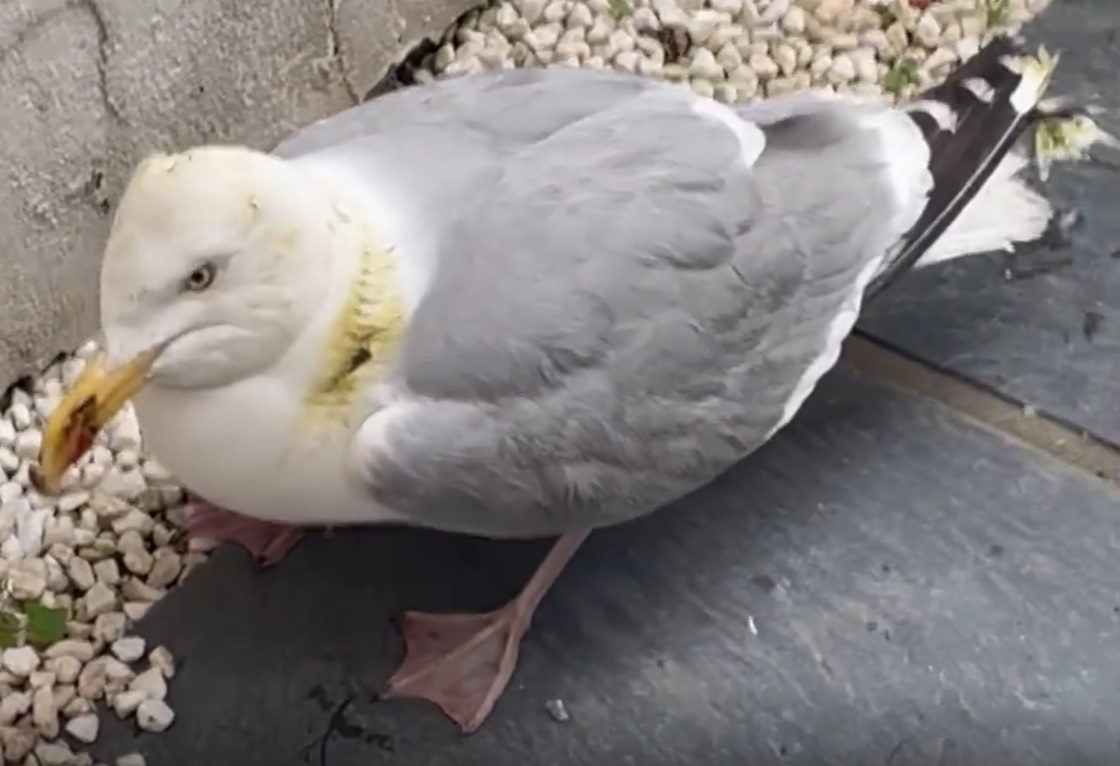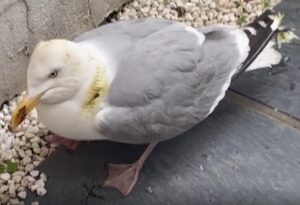RSPCA rescue centres are no longer accepting injured birds due to the risk of avian flu.
A spokesman for the charity’s Brighton branch said they shared the news “with great sadness”.
Latest government figures have confirmed 102 cases of bird flu in England, with two cases each in Wales and Scotland earlier this year where the disease control zones have since been revoked.
When avian influenza is confirmed or suspected in poultry or other captive birds, disease control zones are put in place around the infected premises to prevent the spread of the disease.
Within these zones, a range of restrictions on the movement of poultry and material associated with their keeping can apply.
There are currently two disease control zones around Bexhill and Hastings because of outbreaks of the illness which saw a number of birds culled.
There are five other disease control zones currently in force – two in Shropshire, two in Nottinghamshire and one in Derbyshire.
RSPCA England and Wales has now announced its rescue centres will no longer take in sea birds – but officers will continue to attend reports of sick and injured birds.
The animal charity said that avian influenza had become a serious problem this summer and there were high levels of morbidity and mortality, particularly in seabirds around the coast.
The RSPCA said that it would try to respond to calls about sick and injured animals where possible and deal with them compassionately and appropriately.
The charity said: “Tragically, bird flu continues to spread at an alarming rate, with seabird populations worst affected.
“In a bid to stop this highly contagious disease from killing hundreds of our wild patients, we have made the difficult decision to close our centres and branches to new seabird admissions.
“This includes (but is not limited to) the most common seabird species: gulls, auks, terns, cormorants, shearwaters, gannets and fulmars.
“Our animal rescue teams are continuing to attend reports of sick and injured birds.”
RSPCA vet Jocelyn Toner said: “Bird flu is having a devastating impact on wild birdlife across the country and our teams have been busy responding to calls about sick birds and doing their best to seek help for as many as possible.
“It’s been devastating for our volunteers, vets and staff – who work for the RSPCA because they love animals – to see so many birds perishing due to this awful disease.
“Now it’s important that we follow the government’s advice and act to try to slow the spread and keep as many of our birds as safe as possible.”
Branches will still be able to take in other wildlife.
A spokesman for the RSPCA branch in Thanet, Kent, said: “Such heart-breaking decisions are having to be made right now in terms of wildlife care.
“Let’s hope things will improve soon without too many more beautiful birds losing their lives.
“We are taking in other wildlife at the animal centre if needed, just sadly aren’t able to take in birds.”










